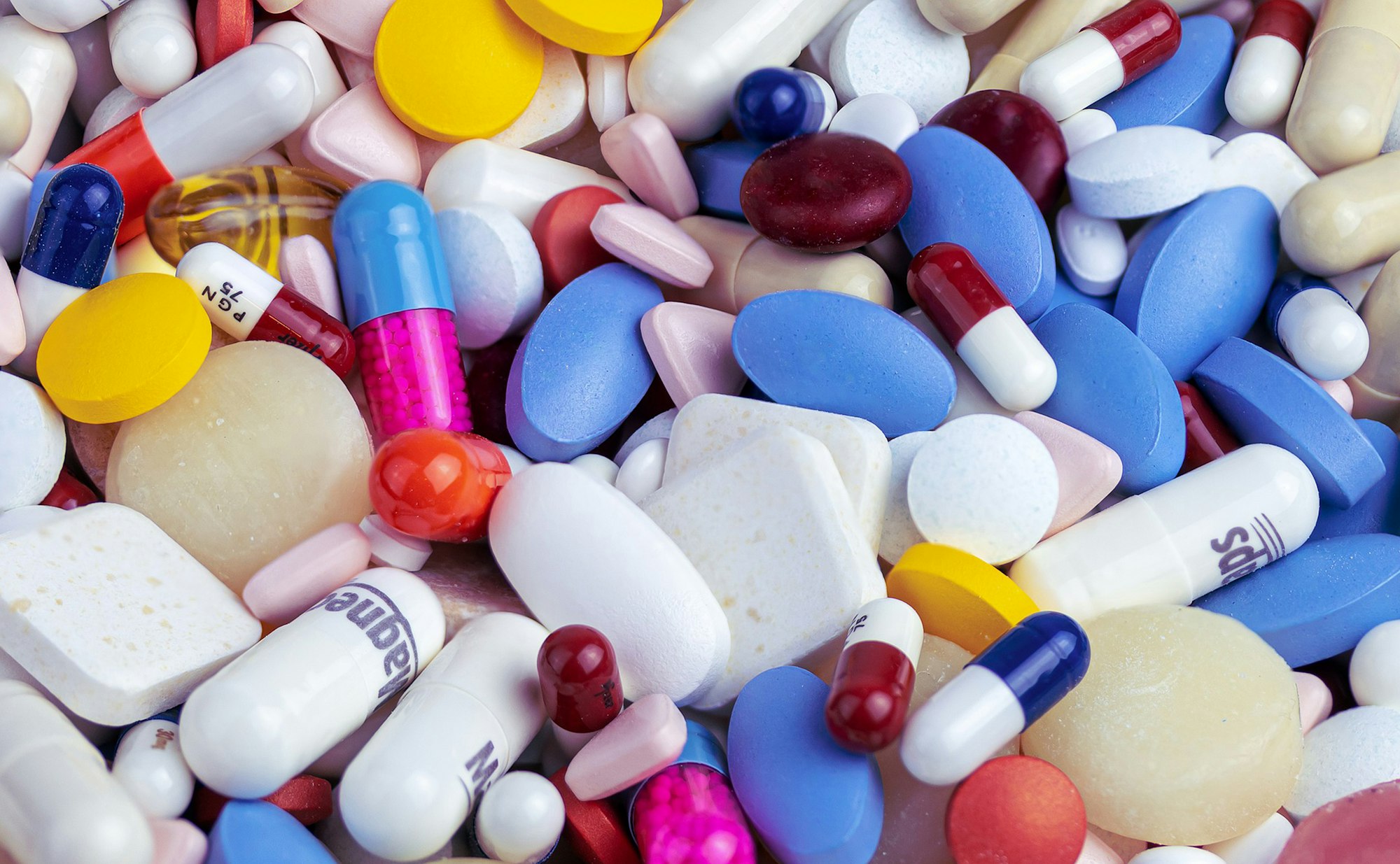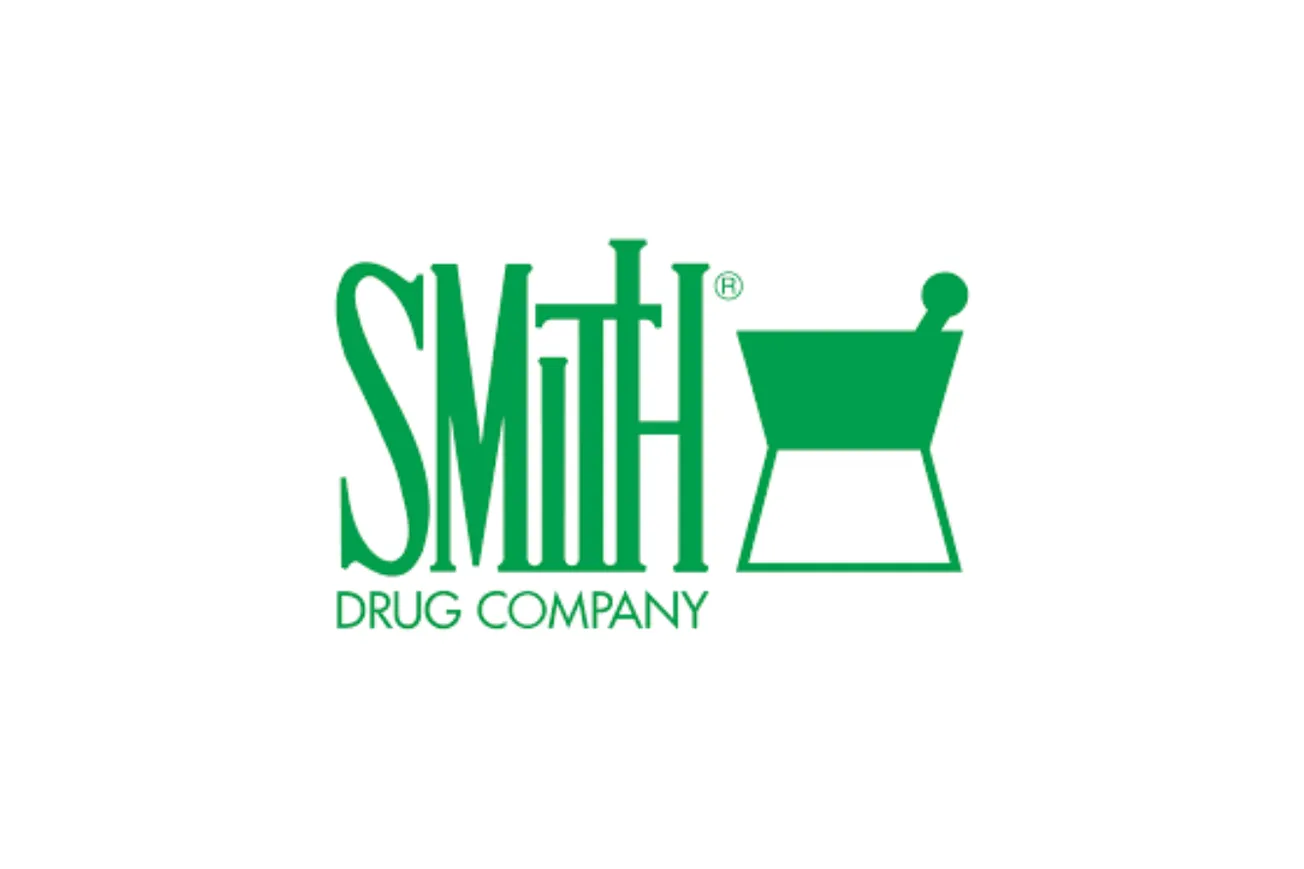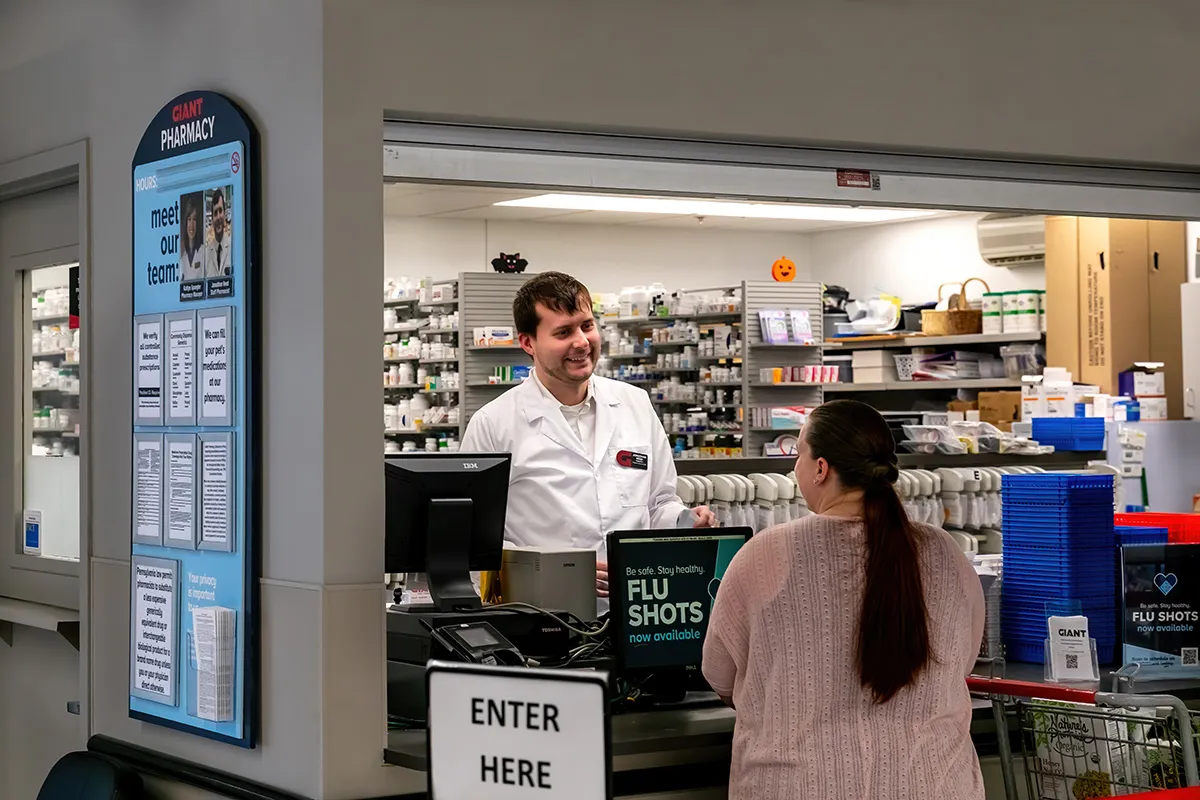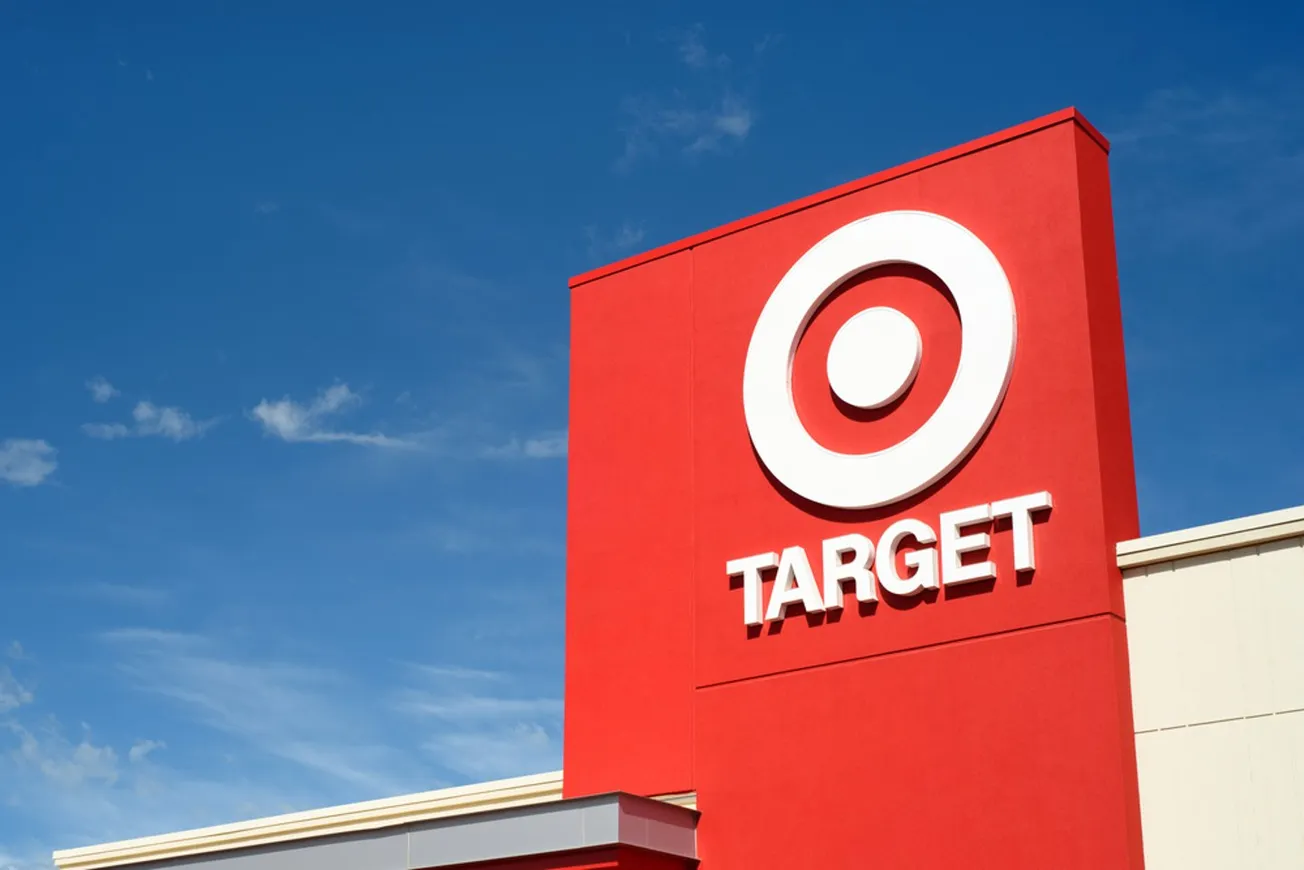NEW YORK — President Donald Trump’s planned tariffs on pharmaceuticals imported into the U.S. could have wide-ranging consequences for drugmakers and American patients, some experts told CNBC last week.
Trump had excluded pharmaceuticals from his sweeping tariffs unveiled last week. Still, he has said duties on drugs will encourage drugmakers to move manufacturing operations into the U.S. at a time when domestic production in the industry has shrunk significantly.
“Pharmaceutical tariffs also coming in next month or two,” said U.S. Commerce Secretary Howard Lutnick during an interview with ABC News on Sunday.
This statement came just days after Trump declared a fresh trade offensive. Addressing the National Republican Congressional Committee, Trump confirmed the U.S. will soon impose what he described as a “major” tariff on imported drugs.
The proposed duties could be a major disruption for the pharmaceutical supply chain, drive up the prices of drugs in the U.S. and exacerbate shortages of critical medicines, some health policy experts said. Drugmakers often rely on a global network of manufacturing sites for different steps of the production process.

This increase is in response to President Trump's 145% tariff on Chinese imports. China imposed 125% tariffs on goods that began on Saturday.
The impact of those Chinese tariffs could be significant on generic drugs, which make up about 90% of medicines prescribed in America, and most of the ingredients are made in China and India.
India's pharmaceutical industry is closely tied to the United States.
Over 45% of the generic drugs used in the U.S. are made in India. Add to that 15% of biosimilars, and the exposure becomes clear. Industry giants such as Dr Reddy's, Aurobindo Pharma, Zydus Lifesciences and Sun Pharma earn up to half of their revenues from American consumers.
It’s uncertain whether tariffs will influence more companies to make more drugs in the U.S. like Trump is hoping for, some experts added.









